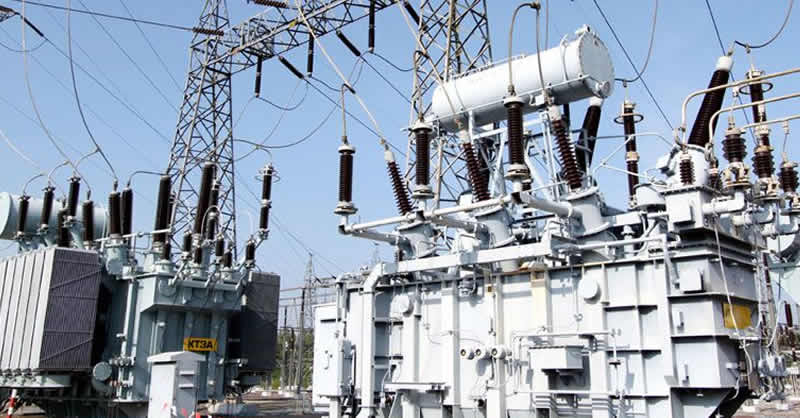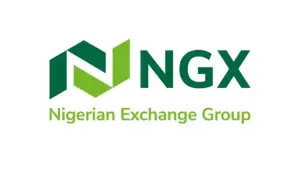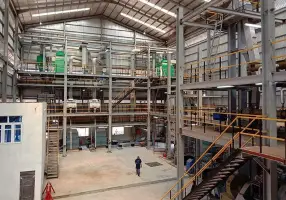Confusion has erupted over the alleged takeover of Ikeja Electric, Egbin Power (KEPCO Energy Resources), and Independent Power Limited by Nigerian banks and other parties over outstanding debt obligations.
Reports emerged that Justice Akintayo Aluko of the Lagos High Court issued a receivership ruling on August 5, 2025, affecting the power firms based on debt agreements dating back to 2013 in suits numbered FHC/L/CS/1242, FHC/L/CS/1244, and FHC/L/CS/1245.
However, Ikeja Electric's Chief Legal and Regulatory Officer, Babatunde Osadare, has strongly refuted these claims in an official statement. According to Osadare, the court ruling actually restrained the lenders and their purported receiver/manager from taking any adverse actions against the companies.
"We state unequivocally and for the record that Egbin Power Plc, First Independent Power Limited, and Ikeja Electric Plc are not in receivership, and their assets, businesses, or undertakings are not under the management of any external receiver/manager whatsoever," Osadare declared.
Worsening Power Sector Crisis
This development adds to Nigeria's ongoing power sector challenges that have persisted since the 2013 privatization process. BenriNews reports that beyond Ikeja Electric, five other Nigerian electricity distribution companies are already under receivership, including Abuja, Benin, Kaduna, Kano, and Ibadan DisCos.
The Centre for the Promotion of Private Enterprise (CPPE) has called for urgent government intervention to prevent a complete collapse of the power sector. In a statement released on Wednesday, CPPE's Chief Executive Officer, Muda Yusuf, described the situation as a "troubling conundrum" that threatens Nigeria's economic stability.
Yusuf attributed the crisis to several factors, including a flawed privatization process, limited technical and financial capacity of power distribution firms, and problematic pricing and tariff structures.
"Given the power sector's strategic importance, government's urgent intervention is imperative to prevent a complete collapse of the national power ecosystem," the CPPE stated. "The power sector is not just a business; it is crucial for economic development, economic sustainability, and economic security."
The economic think tank emphasized that the ultimate victims of a power sector collapse would be Nigerian citizens, industries, and investors, highlighting the far-reaching implications of the current uncertainty.
As stakeholders await further clarification on the legal status of these power companies, concerns continue to mount about the stability of Nigeria's electricity supply and the broader implications for the country's economic development.
Stay updated on this developing story by following BenriNews on our social media channels: Facebook, Twitter, LinkedIn, WhatsApp, and Telegram.













